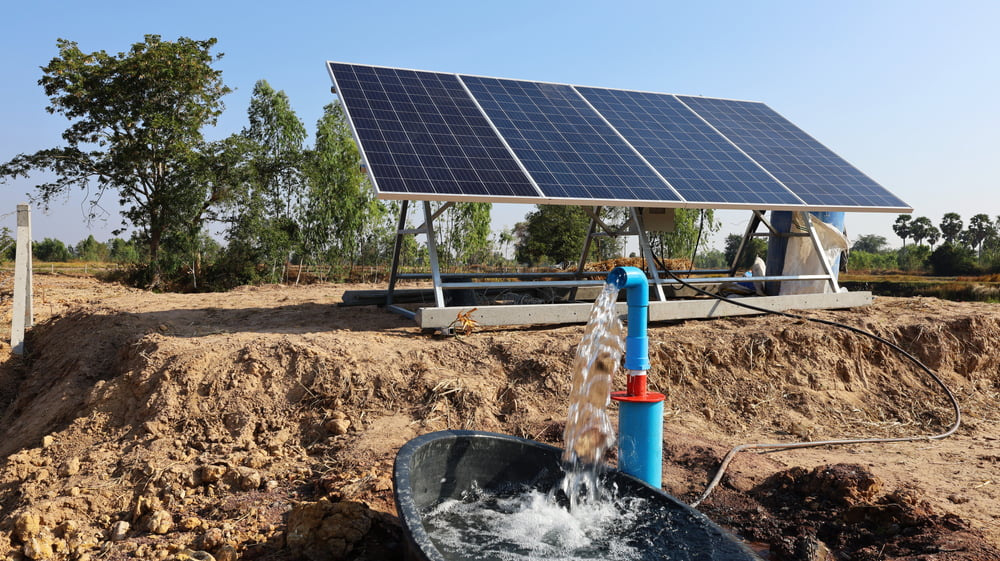African Tech Startups Changing the World
Africa’s tech scene is no longer “up and coming”—it’s here, it’s bold, and it’s shaping the future. Across the continent, a new generation of entrepreneurs is building world-class solutions to problems that aren’t just local, but global in scope.
From financial inclusion to agriculture, energy, and health, African tech startups are turning challenges into opportunities with innovation rooted in local context—but designed to scale far beyond.
A Rising Wave of Innovation
What sets African startups apart isn’t just their creativity—it’s their resilience. These founders often build in environments where infrastructure is limited, capital is scarce, and basic services can’t be taken for granted. Yet, they continue to launch businesses that are gaining global attention.
In 2023 alone, African startups raised billions in funding, and the pace isn’t slowing down. Investors from Silicon Valley to Dubai are looking to the continent—not out of charity, but because the ideas coming out of Africa are solving real problems in ways that others haven’t.
Sectors Where Africa is Leading Innovation
1. Fintech (Financial Technology)
Startups like Flutterwave (Nigeria), Chipper Cash (Uganda), and M-Pesa (Kenya) have transformed how millions access financial services. In regions where traditional banking systems failed to reach the masses, mobile and digital wallets are now the norm. Africa is leading the world in mobile money adoption.
2. AgriTech (Agricultural Technology)
With a huge portion of its population depending on farming, African startups are building solutions for smarter agriculture. Tools like Twiga Foods (Kenya) and AgroCenta (Ghana) are improving food distribution, supply chains, and real-time market access for farmers.
3. HealthTech
Companies such as 54gene (Nigeria) and Zipline (Rwanda) are changing healthcare across the continent. From genetic research to medical drone deliveries, African health startups are using technology to make care more accessible and efficient.
4. EdTech (Education Technology)
Platforms like uLesson (Nigeria) and Eneza Education (Kenya) are giving students across Africa access to affordable, quality education through mobile apps, even in places with limited school infrastructure.
5. Renewable Energy
Startups like M-KOPA (Kenya) and d.light are using solar technology to bring power to off-grid communities. These solutions are not only reducing reliance on fossil fuels but are also creating affordable access to light, refrigeration, and communication.
Global Attention, Local Solutions
One thing that’s clear: African tech startups are not just following global trends—they’re creating them. The emphasis is often on solving “first-mile” problems that bigger companies haven’t tackled. This localized problem-solving has made African innovations relevant globally, especially in other emerging markets.
Several African startups have already expanded operations outside the continent, proving that what works in Lagos or Nairobi might just work in Jakarta or Mumbai too.
Challenges Ahead
Despite the energy and progress, challenges remain. Funding gaps, internet infrastructure, regulatory hurdles, and political instability still pose threats to growth. But if the past decade has shown anything, it’s that African entrepreneurs know how to navigate adversity.
The Future Looks African
Africa has the fastest-growing population in the world. It’s a young continent with a rising middle class and increasing internet access. These factors create a perfect environment for startups to thrive—and for innovation to scale globally.
Investors, governments, and global institutions are starting to realize what many on the continent have known for years: Africa isn’t waiting to be “discovered”—it’s building its own future.
Author Name
Kwame Boateng (Africa)
Let me know when you're ready to proceed to Blog Post #5: The Future of Education in the Digital Age, or if you'd like to fine-tune anything here.









